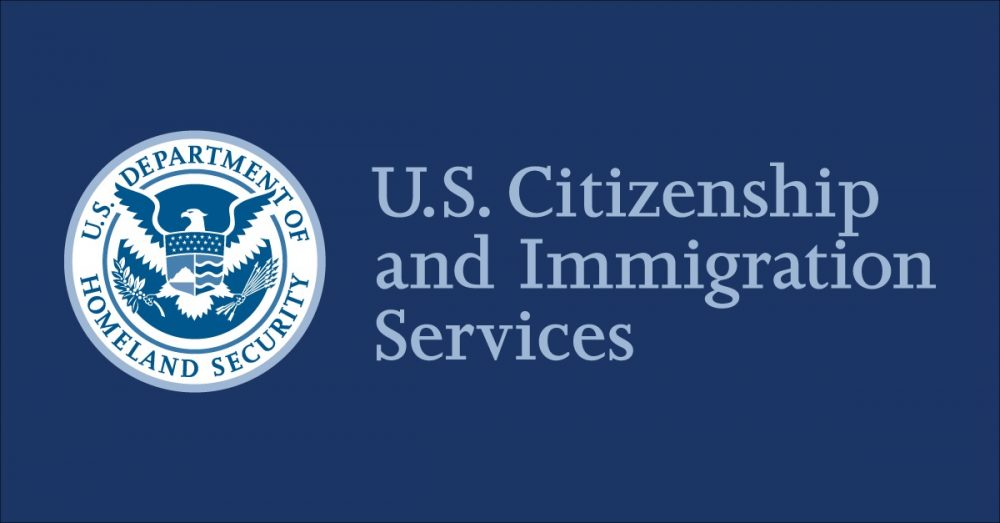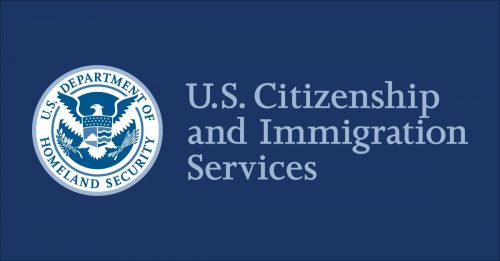
USCIS starts accepting new applications under DACA.
In the face of two adverse court rulings, the Trump administration is not imposing proposed restrictions on H-1B visas and would begin accepting new applications under an Obama-era program shielding young undocumented immigrants.
US district judge Jeffrey S. White of the Northern District of California last week struck down two new proposed rules set to go into effect Monday to drastically curtail the number of H-1B visas issued each year to skilled foreign workers.
The changes announced in October imposed higher salary requirements for foreign workers and limits on specialty occupations ostensibly to encourage hiring of local Americans amid coronavirus-related job losses.
RELATED: US judge strikes down new Trump H-1B visa rules (December 2, 2020)
“Both of these rules had the potential to be incredibly disruptive to the operations of many businesses,” Jon Baselice, director of immigration policy for the US Chamber of Commerce had stated welcoming the court ruling.
The US issues up to 85,000 H-1B visas each year with more than 70% of them going to Indian professionals. Most of the nearly 600,000 H-1B visa holders in the US are from India and China.
US Citizenship and Immigration Services (USCIS) said Friday it will fully comply with the court’s decision which prevents the “Strengthening the H-1B Nonimmigrant Visa Classification Program Interim Final Rule (IFR) from taking effect.”
The IFR, published in the Federal Register on Oct. 8 was intended to better protect U.S. workers, improve the integrity of the H-1B program, and better ensure that H-1B petitions are approved only for qualified beneficiaries and petitioners, it said.
The US Chamber of Commerce and several universities including the California Institute of Technology had challenged the proposed rules arguing there wasn’t adequate notice or time for the public to comment on the changes,
USCIS Monday also announced that it would start implementing a New York court order asking it to begin accepting new applications under the fully restored Deferred Action for Childhood Arrivals program (DACA).
Department of Homeland Security (DHS) will comply with the Dec. 4 order of judge Nicholas Garaufis of the US District Court in Brooklyn while it remains in effect, but DHS may seek relief from the order.
DACA currently protects about 640,000 undocumented young immigrants who came to the US as children, including about 5,000 South Asians, from deportation.
As of July, an estimated 300,000 young people are eligible for the program and still waiting for a chance to apply. That includes 55,000 who have aged into eligibility over the last three years.
USCIS said from Dec. 7 it will start:
- Accepting first-time requests for consideration of deferred action under Deferred Action for Childhood Arrivals (DACA) based on the terms of the DACA policy in effect prior to Sept. 5, 2017, and in accordance with the Court’s Dec. 4, 2020, order;
- Accepting DACA renewal requests based on the terms of the DACA policy in effect prior to Sept. 5, 2017, and in accordance with the Court’s Dec. 4, 2020, order;
- Accepting applications for advance parole documents based on the terms of the DACA policy prior to Sept. 5, 2017, and in accordance with the Court’s December 4, 2020, order;
- Extending one-year grants of deferred action under DACA to two years; and
- Extending one-year employment authorization documents under DACA to two years.
USCIS said it will also take appropriate steps to provide evidence of the one-year extensions of deferred action and employment authorization documents under DACA to individuals who were issued documentation on or after July 28 with a one-year validity period under the Wolf Memorandum.



